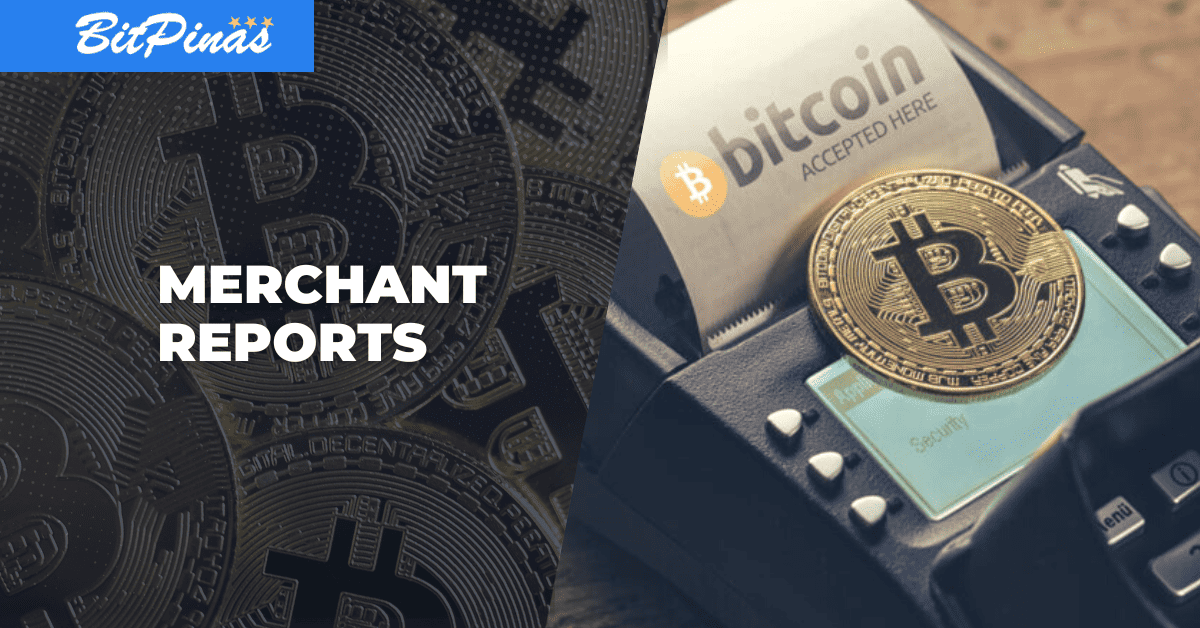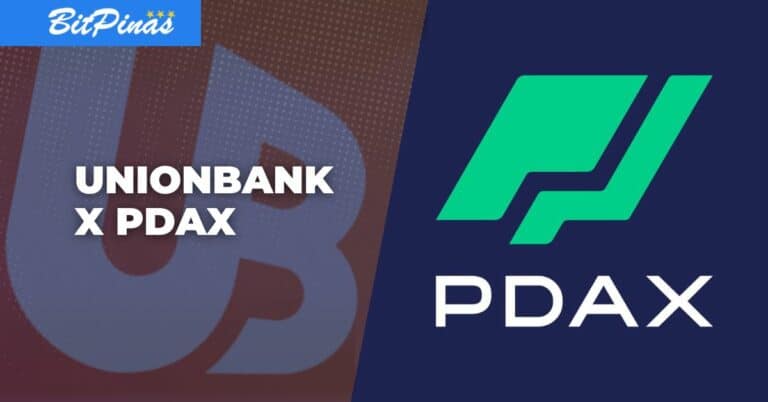More Than Half of Payment Firms Predict Merchants Will Embrace Cryptocurrency Within Three Years
The study also found that more than half of the 300 surveyed perceive that most merchants will accept cryptocurrencies.

Subscribe to our newsletter!
- Over half of the 300 payment firm leaders surveyed predict that most merchants will accept cryptocurrencies as a settlement method within the next one to three years, with Middle Eastern and African participants being the most optimistic and Latin American respondents being the most bearish.
- Domestic payment providers are looking at cryptocurrencies as a way to answer transaction and processing fees, with 50% of the participants of the survey seeing lowering payment costs, both internationally and locally, as crypto’s main benefit for transforming cross-border payments.
- While bullish about cryptocurrencies, the main obstacles for the survey participants to adopt them as a means of payment include regulatory uncertainty, limited industry acceptance, and concerns about customer protection.
In the near future, leaders of payment firms stated that cryptocurrency has the potential to become a widely used payment method if it’ll have a lower settlement cost. This is according to a joint study conducted by Ripple and the Faster Payments Council (FPC).
Crypto as Payment Method
The study also found that more than half of the 300 surveyed perceive that most merchants will accept cryptocurrencies as a settlement method within one to three years. Moreover, the majority of the participants also suggest that blockchain technology could enable faster financial transactions in the near future.
Further, as for bullishness, the survey participants in the Middle East and Africa appear to be more optimistic as 27% of them believe that the adoption of crypto as settlement will happen in the next 12 months. On the other hand, Latin Americans seem the most bearish, with 67% predicting this to occur more than three years from now.
In a recent interview, Wei Zhou, the CEO of digital wallet provider and crypto exchange platform Coins.ph, stated that instead of Bitcoin, the leading cryptocurrency, stablecoins will be the key for crypto mass adoption–which will also lead to “back door” Bitcoin growth. (Read more: Coins.ph CEO: Stablecoins to Play Key Role in Crypto Mass Adoption)
Crypto on Cross-Border Payments
“In particular, domestic payment providers see crypto as an answer to transaction and processing fees—which are often up to 4%, per the US Chamber of Commerce. Interestingly, while these providers cite lower costs of cross-border payments as crypto’s primary value proposition, only about half currently provide cross-border payment services today,” the research reads
According to the results, 50% of the participants see that lowering payment costs, internationally and locally, is crypto’s main merit for transforming cross-border payments.
Accordingly, 97% of the surveyed believe that cryptocurrency and blockchain technology will have a “significant or very significant” role in enabling faster transactions in the next 36 months.
They also added that digital assets could transform cross-border settlements.
Last year, Kenneth Stern, the General Manager of the Philippine arm of cryptocurrency exchange Binance, suggested that blockchain technology and cryptocurrency might be the answer to make sending and receiving remittances faster and cheaper, (Read more: Binance PH Chief Says Blockchain Will Help Ease OFW Remittance)
Crypto Adopters
Although the respondents mostly expressed bullishness towards cryptocurrency, the survey also revealed that only 17% of them adopted cryptocurrencies as a means of payment.
According to them, the main obstacles they have to consider before hopping on the bandwagon are regulatory uncertainty (87%), limited industry acceptance (45%), and concerns about customer protection (24%).
This article is published on BitPinas: More Than Half of Payment Firms Predict Merchants Will Embrace Cryptocurrency Within Three Years
Disclaimer: BitPinas articles and its external content are not financial advice. The team serves to deliver independent, unbiased news to provide information for Philippine-crypto and beyond.




